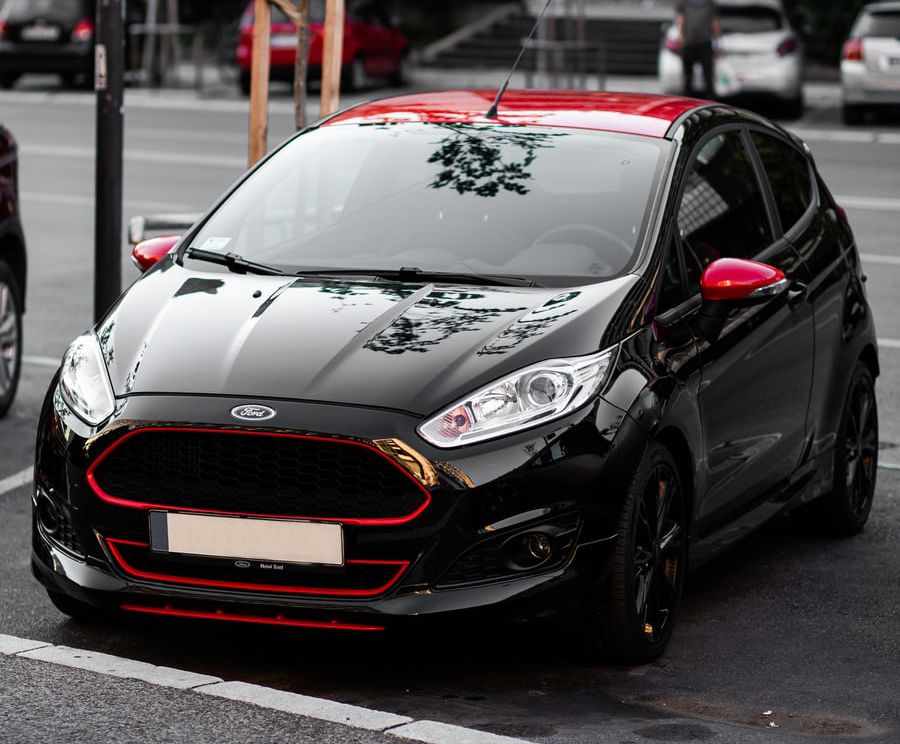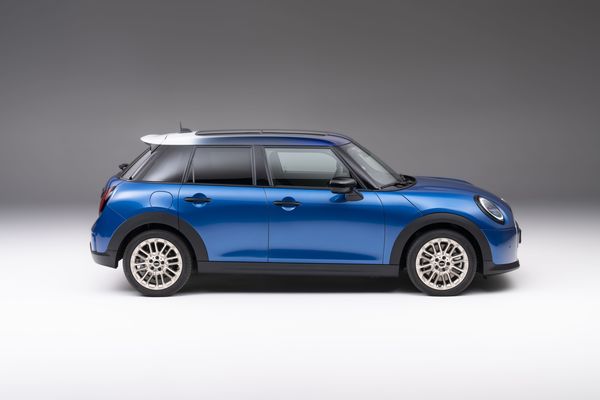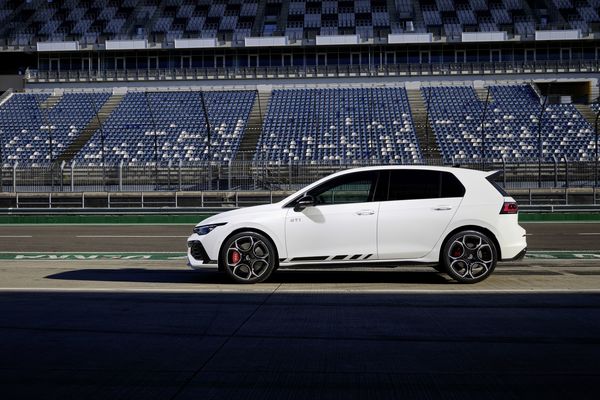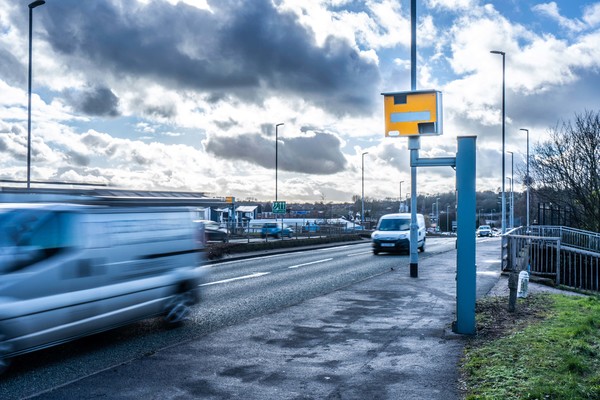IF your car insurance premium seems high, check out these professional tips to see how you could save money.
The higher the mileage you put on your application, the higher the premium; if you overestimate your annual mileage, you're putting your premium up. That said, be honest because if you underestimate, it could jeopardise your cover.
Check the value of your car because if you state a figure that's higher than its worth you'll end up paying a higher premium. But don't undervalue your car either. Google its value.
The safer your car is the lower your premium. If you have a driveway or garage, use them and put it on your application. Having an immobiliser, alarm and or tracker will also bring your premium down.
If you only use your car for social, domestic and pleasure, or for commuting, tick the right boxes on the form. If you tick the business box by accident, your premium will be higher. But if you do use your car for business purposes, make sure that you state that. Additionally if you drive another car on a regular basis, make sure you mention this as it can bring down your premium.
Before you buy a car, check with insurers to see how much they charge for that car. Sporty cars will have a bigger premium and if you add alloy wheels, a spoiler, or boost the performance of your existing car, your premium will go up. In some cases, if modifications are extreme, they can void an existing policy all together. So if you modify, tell your insurer. I got charged £20 for adding a spoiler.
Increasing your voluntary excess, in other words, agreeing to pay out a larger amount if you need to make a claim, will lower your premium and, believe it or not, your occupation will affect your premiums. If you're a journalist or an estate agent for example, you're likely to pay more because people in these professions are classed as ‘higher risk’ (don’t ask).
Adding another driver can increase your premium, depending on the risk level of that driver.
If you add a younger, inexperienced driver, a driver in a high risk occupation, or someone with a conviction on their licence, the price you pay will be higher. Avoid unnecessary named drivers who won't be driving the car on a regular basis. Adding them temporarily later if needed can be cheaper.
And finally if your car isn't worth very much, consider 3rd party cover, it can work out much cheaper but it’s called third party because it only covers your liability to others (the third party) – there is no cover for damage to you or your vehicle.
Always be accurate and straight with the insurer and finally here’s a great tip: never allow your cover to renew automatically and never simply accept a renewal quote because your insurer will take advantage.
Be sure to use comparison sites and shop around, this year I saved over £100 for the same cover.
SUV sales are on the up
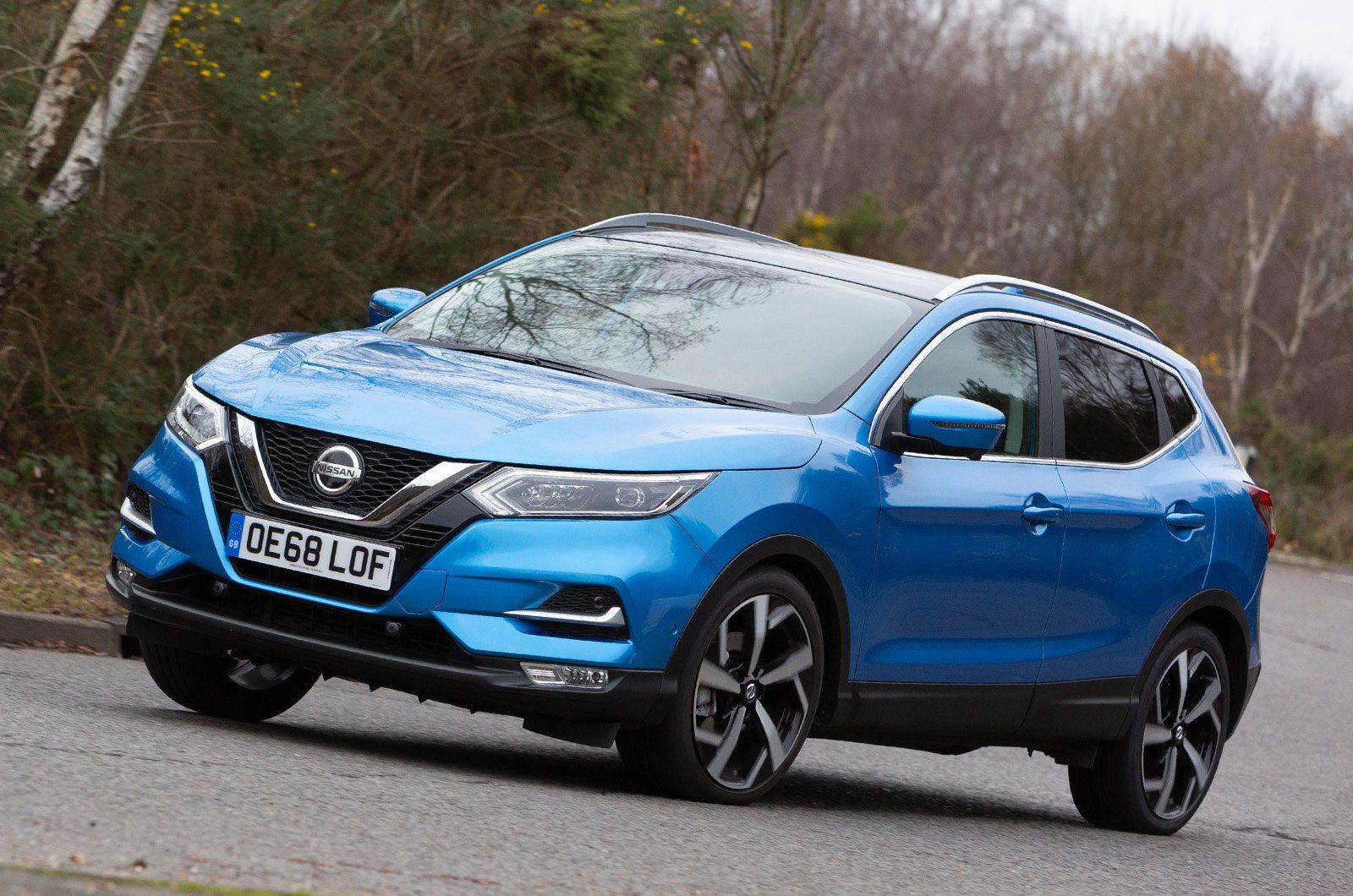
CAR buyers have fallen in love with Sports Utility Vehicles, or SUVs as they are known. Sales of these cars are growing fast due to the appeal of a greater view of the road ahead, a more demanding presence and a feeling of increased safety.
But should you buy an SUV? Off-road-style cars went from being an indispensible tool for farmers and builders to a status symbol – the ‘Chelsea tractors’. Now they are a common sight at the school gates and are a regular fixture on monthly best-seller lists.
But there are drawbacks with SUVs, and having driven one for the past five years, I know. An SUV is one the least efficient cars you could choose, given that they are bigger, in many cases are four-wheel drive and have poor aerodynamics.
They are up to 30% less fuel efficient than a family saloon, cost more to tax and insure and are more expensive to maintain. They don't handle particularly well and can be a nightmare to park. However, they are practical and fun.
Buying a used SUV needn’t cost you the earth. In fact, you can buy one barely a year old for less than £16k. Most have that raised-up driving position and chunky look that buyers love; as well as that they have large boots and flexible interiors. There are many to choose from and finding the right car for you could be bewildering. But here are my top tips.
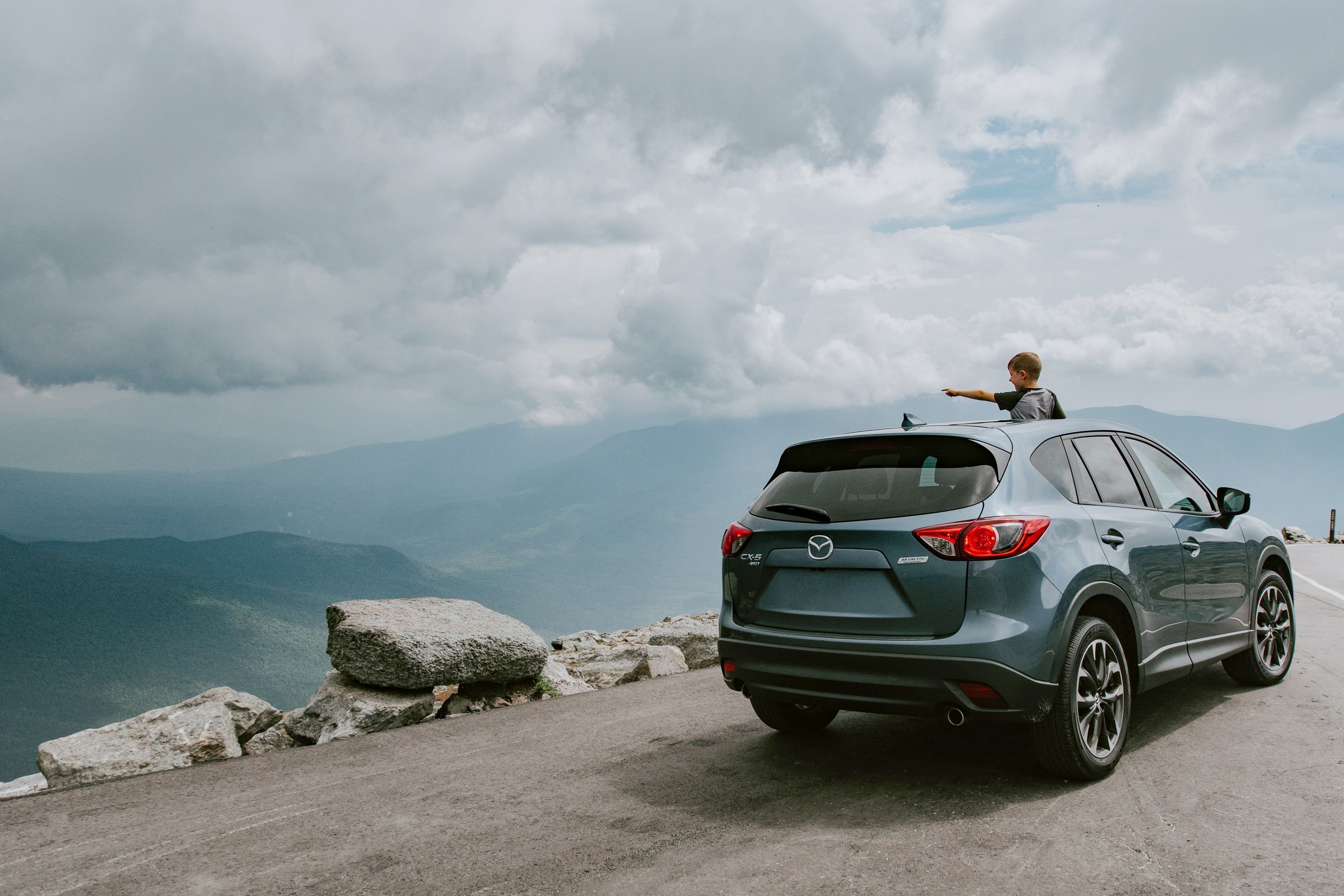
Toyota C-HR. Toyota, despite not being a brand known for making interesting cars has bucked that trend with the C-HR. It has a comfortable ride, good handling and looks great with its futuristic looks and you can find a 2018 example with low miles for under £16k
You don’t need to plug in a Toyota Hybrid – the hybrid system recharges the battery through braking while driving.#HybridAdvantagehttps://t.co/GEvLHaAc2d pic.twitter.com/RVpxGp0HGU
— Toyota Ireland (@toyotaireland) October 30, 2020
Renault Kadjar. This has built on the success of its smaller sibling, the Renault Captur. It’s bigger and is aimed at families who need more space. It has good rear seat space, a great boot and it's comfortable. If you search you can find 2018 models for around £13k
Nissan Qashqai. A bestseller for years and a favourite of car rental companies. You would be impressed by the comfort, refinement, space and safety. It provides a good balance between ride, comfort and handling and the interior is roomy and practical, too.
Shop well and you will find a 2019 with low mileage under £16k
Skoda Karoq. A big hit since its launch in 2018. It's practical, drives well and is good value for money. Its interior is smart and beautifully built and there’s loads of room for both driver and front seat passenger.
You’ll find a nice 2018 car for under £16k.
I’ve driven examples of all of these cars, and they all have their good points. If an SUV is for you, drive the one you like and choose what’s best for you.
Happy motoring.

